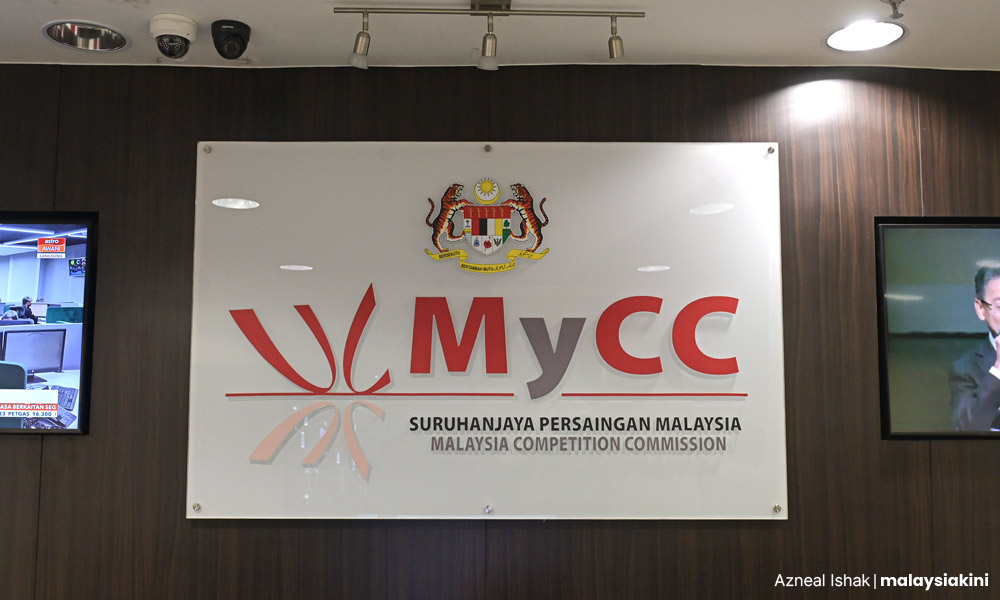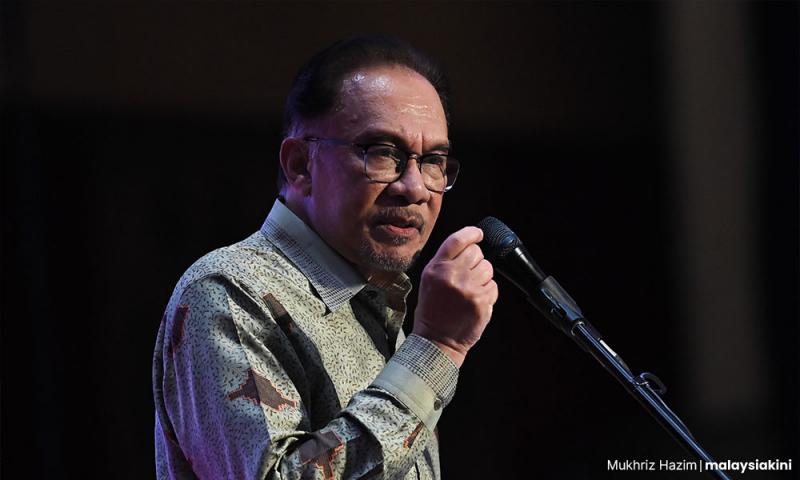LETTER | Monopoly and beyond…
LETTER | Mr. prime minister, we welcome the announcement that the government would review and break all monopolies that have a direct impact on the cost of living and people's livelihoods.
In the spotlight are vehicle inspections, the rice industry and toll payments. However, experts include the food and medicine sectors as well.
In a recent study, the Malaysian Competition Commission (MyCC) found that monopolies and cartels were manipulating prices. Liberalising will give consumers options to choose from and help the government reduce prices instead of giving subsidies.
MyCC, through the task force set up by the Domestic Trade and Cost of Living Ministry, will continue to monitor the progress and behaviour of the incumbent to guarantee the seamless entry of new players.
One monopoly had attempted to increase the cost of new entry by making an exclusivity agreement with downstream players.
However, breaking monopolies should be done on a case-by-case basis. If it provides cheap, good and reliable service - do not rock the boat.

Last year, we saw a monopoly/cartel in action where five feed millers entered into an anti-competitive agreement with the potential to strangle competition. But the penalties imposed by MyCC was “chicken feed”.
Mr prime minister, firstly, we need to strengthen MyCC.
In 2018, the Federation of Malaysian Consumers Associations (Fomca) did raise the issue of excessive pricing of the toll payment system and its inefficiency.
MyCC responded that it “does not raise any competition concerns” but is a consumer issue, thus it had no jurisdiction.
I would strongly urge MyCC to revisit its vision and mission statements and its roles established under the Competition Commission Act 2010 and to enforce them.
Other known monopolies include the Digital Nasional Bhd (DNB) on the 5G rollout and even the digital television provider.
Granted, it involves high investment or production costs but there should be some form of government control through the various agencies.
Corruption and monopoly
Finas Act 1981 (amended 1984) can enforce the anti-monopoly law which causes a company to participate in two activities only, which are producing and distributing or distributing and broadcasting.
Hence, it is recommended that similar laws be enforced in the industry of television programme production.
Cartels do seem to exist in the supply of medicine. A leaked document alleged six main tendering agents controlled about 90 percent of all medicine tender awards between 2013 and 2016, with the top three awarded 75.9 percent.
These agents were said to belong to companies owned by high-ranking officials and/or politicians, and they are alleged to be conspiring with international pharmaceutical companies.
The above is more corruption-linked than monopoly-linked.
Investigations should also include companies with a big market share after a merger or acquisition, for example, more than 50 percent and there are only a handful of competitors.
The overused cliché of “the strategic realignment will foster value creation for shareholders” is definitely not for the people's livelihoods.
So much for the private sector. How about government departments and agencies? We cannot avoid it but there surely are areas that can affect people’s livelihood in the form of cost savings and efficient processes.
Departmental expenditures and project costs should be scrutinised to save costs and a “cost-benefit-analysis” culture should be instituted.
Staff should be properly trained and understand the whole process and processes standardised. In the last three months, I had to make a few visits to the Bangi Land Office just to get a name change to a land grant.
Talking about corruption-linked, investigations should also include government offices where “runners” are being used.
Corruption is an added cost to doing business, without monopolies, corruption can be reduced or even eliminated, especially when there is transparency and strict and fair competition.
What say you, Mr. prime minister?
The views expressed here are those of the author/contributor and do not necessarily represent the views of Malaysiakini.
RM12.50 / month
- Unlimited access to award-winning journalism
- Comment and share your opinions on all our articles
- Gift interesting stories to your friends
- Tax deductable
